Introduction
Pregnancy is a time of immense change, care, and consideration, especially regarding health decisions. One question many pregnant women face is: Can you get a root canal while pregnant? This concern is valid since dental health during pregnancy isn’t just about maintaining a radiant smile—it directly impacts the health of the growing baby.
Tooth infections, gum disease, and other oral health issues can escalate during pregnancy due to hormonal changes. While some might hesitate about undergoing dental procedures during this delicate period, leaving an untreated dental infection poses greater risks to both the mother and baby.
This article explores the safety of root canals during pregnancy, the ideal timing, necessary precautions, and much more. Let’s clear the air and ensure that you’re informed about protecting your health without fear.
Can You Get a Root Canal While Pregnant?
Yes, you can get a root canal while pregnant, and in many cases, it’s necessary. A root canal is often required to treat a severe tooth infection that, if left untreated, can lead to systemic health issues. During pregnancy, this poses risks not just to the mother’s health but also to the baby’s development.
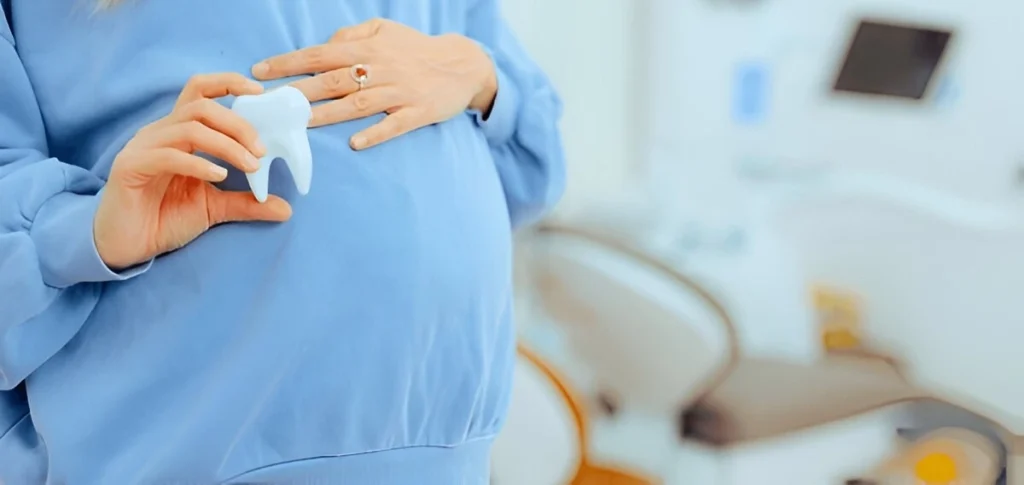
What Is a Root Canal?
A root canal is a dental procedure designed to treat the infected or damaged pulp inside a tooth. This pulp consists of nerves, blood vessels, and connective tissue. If bacteria enter through a cavity, crack, or injury, the pulp can become infected, causing severe pain, swelling, and even abscesses.
The root canal procedure involves:
- Removing the infected pulp.
- Cleaning and disinfecting the inner tooth structure.
- Filling the canal with a biocompatible material.
- Sealing the tooth with a crown to prevent further damage.
Why Might You Need One?
You might need a root canal if you experience:
- Intense tooth pain that doesn’t subside.
- Sensitivity to hot or cold foods and drinks.
- Swollen or tender gums near the affected tooth.
- Discoloration of a tooth.
- Persistent bad breath caused by an infection.
Ignoring these symptoms can lead to more severe issues, including the spread of infection to other parts of the body.
Is It Safe to Get Root Canals During Pregnancy?
Absolutely, getting a root canal while pregnant is generally safe. Dentists and medical professionals agree that treating an active infection is far less risky than leaving it untreated. However, certain aspects of the procedure require special care during pregnancy.
Safety of Anesthesia
Local anesthesia, commonly used during root canals, is safe for pregnant women. Lidocaine, a standard anesthetic, does not cross the placental barrier in significant amounts when appropriately administered. Dentists often use the lowest effective dose to minimize any potential risks.
Still, if you’re concerned, communicate openly with your dentist and OB-GYN. This team approach ensures your safety and peace of mind.
Use of X-rays
X-rays are an essential diagnostic tool for root canals, but many pregnant women worry about radiation exposure. Thankfully, modern dental X-rays emit very low radiation levels. By wearing a lead apron and thyroid shield, the baby is fully protected. Digital X-rays, which are even safer than traditional ones, are commonly used in many clinics today.
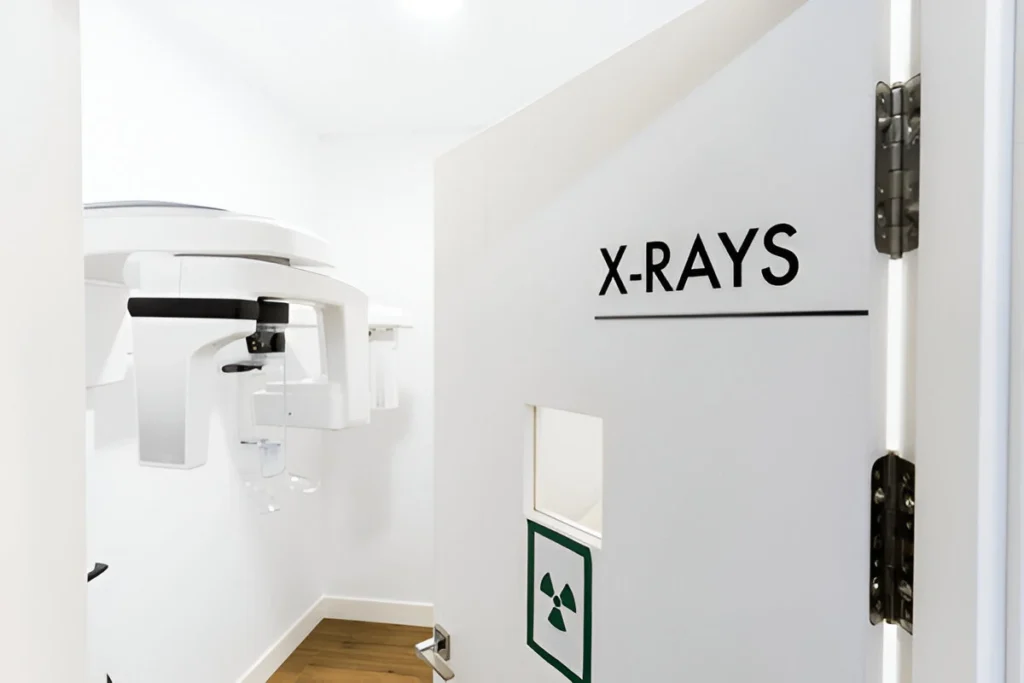
When Is the Best Time to Get a Root Canal While Pregnant?
Timing matters when it comes to dental procedures during pregnancy. The second trimester (weeks 14-28) is generally considered the safest window for treatments like root canals. Here’s why:
- Morning sickness has usually subsided, making it easier to undergo procedures comfortably.
- The baby’s major organs have developed, reducing the risks of interfering with fetal growth.
- The third trimester may cause discomfort from lying on your back for extended periods due to the baby’s weight pressing on major blood vessels.
That said, if you’re experiencing severe pain or an active infection, a root canal may be necessary at any stage of pregnancy. Always consult your dentist and OB-GYN for the best approach.
The Importance of Dental Health During Pregnancy
Pregnancy can increase your vulnerability to dental problems. Hormonal changes can make your gums more sensitive and prone to inflammation, a condition known as pregnancy gingivitis. If left unchecked, this can lead to periodontitis, a severe gum infection that may impact your baby’s health.
Additionally, poor oral health during pregnancy has been linked to complications such as:
- Preterm birth
- Low birth weight
- Preeclampsia
A root canal can help prevent these complications by eliminating the source of infection.
Risks of Avoiding Root Canals During Pregnancy
Choosing to delay or avoid a root canals during pregnancy can lead to serious health risks:
- Spread of Infection: The bacteria causing the tooth infection can travel to other parts of your body, potentially leading to severe complications.
- Increased Inflammation: Untreated infections can elevate inflammation levels in your body, which can negatively affect the baby’s development.
- Severe Pain and Stress: Persistent tooth pain can increase stress hormones like cortisol, which isn’t ideal during pregnancy.
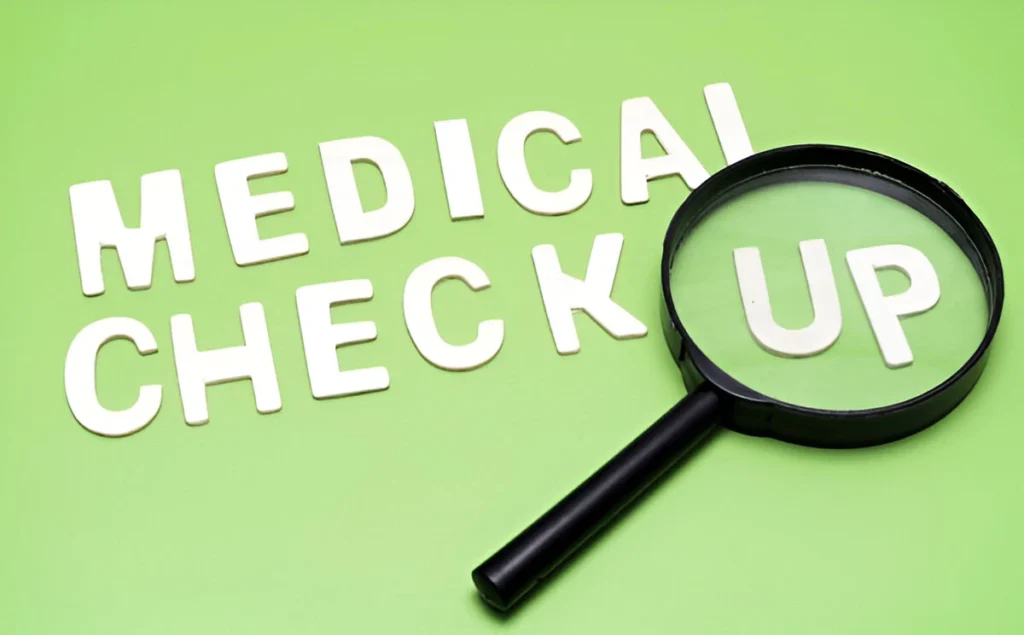
It’s always better to address dental infections promptly to ensure the safety of both mother and baby.
Symptoms That Suggest You Need a Root Canal
Pregnancy can make it harder to differentiate between regular discomfort and serious dental issues. However, some signs indicate that you may need a root canal:
- Persistent tooth pain, especially when chewing.
- Swelling in the gums or face near the affected tooth.
- A pimple-like bump on your gums (indicating an abscess).
- Increased sensitivity to hot, cold, or sugary foods.
Don’t ignore these symptoms. Early intervention can prevent further complications.
Can Pregnancy Make Dental Problems Worse?
Yes, pregnancy can exacerbate dental issues. Hormonal fluctuations, changes in diet, and increased blood flow to the gums can create a perfect storm for oral health problems. Conditions like:
- Pregnancy Gingivitis: Inflamed, bleeding gums caused by hormonal changes.
- Enamel Erosion: Frequent vomiting from morning sickness can weaken tooth enamel.
- Increased Plaque Build-Up: Hormonal shifts can make gums more susceptible to plaque.
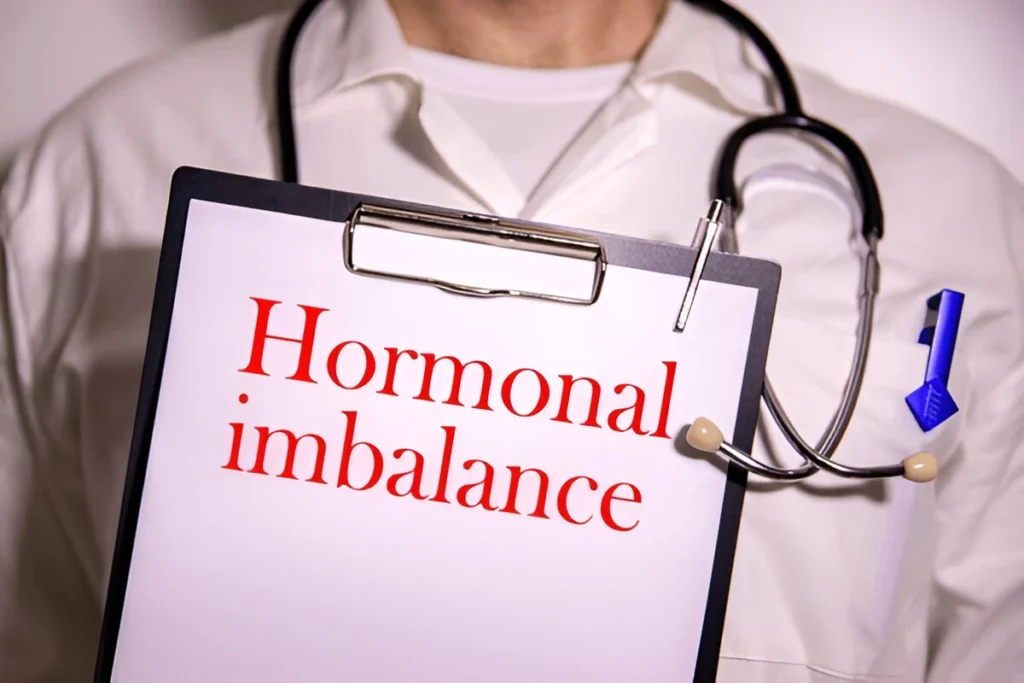
These factors can make untreated dental problems spiral out of control, underscoring the importance of timely dental care.
What Happens During a Root Canal Procedure?
Knowing what to expect during a root canal procedure can help alleviate fears, especially when you’re pregnant. The process typically involves the following steps:
- Initial Consultation: The dentist will assess your symptoms, examine the affected tooth, and take X-rays to confirm the diagnosis. Modern digital X-rays are quick and safe, minimizing radiation exposure.
- Numbing the Area: To ensure a pain-free experience, local anesthesia is administered. The dosage is carefully adjusted for pregnant patients to ensure safety.
- Accessing the Tooth: The dentist creates a small opening in the tooth to reach the infected pulp inside.
- Removing the Infection: Using specialized tools, the infected or damaged pulp is removed, and the canals are thoroughly cleaned and disinfected.
- Filling and Sealing: The cleaned canals are filled with a rubber-like material called gutta-percha and then sealed to prevent future infections.
- Restoration: In most cases, a crown is placed on the tooth to restore its strength and functionality.
The entire procedure is usually completed in one or two visits, and it’s designed to save your natural tooth while eliminating pain and infection.
Precautions for Root Canal Treatments During Pregnancy
Taking suitable precautions ensures that a root canal is as safe and stress-free as possible during pregnancy.
Informing Your Dentist About Your Pregnancy
Before scheduling your root canal, inform your dentist about your pregnancy, including how far along you are and any complications you may have. This allows the dentist to take necessary precautions, such as adjusting anesthesia dosages or avoiding certain medications.
Ensuring Proper Medication Use
After the procedure, pain relief or antibiotics may be prescribed. Ensure that all medications are approved by your OB-GYN. Safe options during pregnancy include acetaminophen for pain and amoxicillin for infections. Avoid NSAIDs like ibuprofen unless specifically recommended.
Minimizing Discomfort During the Procedure
Pregnant women may find it uncomfortable to lie on their backs for long periods. To alleviate this:
- Use a pillow under your lower back for support.
- Take short breaks during the procedure.
- Practice relaxation techniques to stay calm.
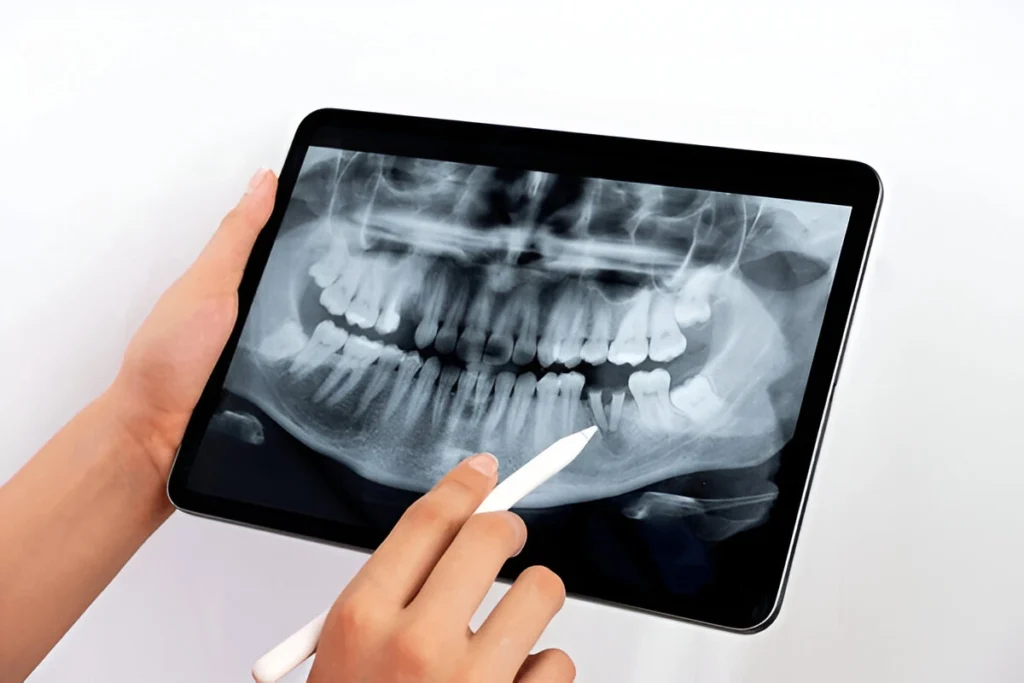
By taking these steps, you can ensure a safe and comfortable experience.
Managing Root Canal Pain While Pregnant
Pain management is an essential aspect of post-treatment care, especially during pregnancy. Here’s how to handle discomfort effectively:
- Pain Relievers: Acetaminophen (Tylenol) is typically safe for managing pain during pregnancy. Always consult your OB-GYN before taking any medication.
- Cold Compresses: Applying a cold pack to your cheek near the treated area can help reduce swelling and numb pain.
- Saltwater Rinses: Gargling with warm salt water can soothe inflammation and promote healing.
- Soft Diet: Stick to soft, non-irritating foods to avoid putting pressure on the treated tooth.
By following these tips, you can recover smoothly without compromising your or your baby’s health.
Alternatives to Root Canals During Pregnancy
In some cases, temporary measures may be recommended if an entire root canal isn’t immediately feasible:
- Pulpotomy: This involves removing only the infected pulp in the crown of the tooth, leaving the root intact. It’s a temporary solution until the whole procedure can be completed.
- Antibiotics: These are prescribed to control infection until after delivery, though this is not a long-term solution.
Discuss these options with your dentist to determine the best course of action.
Myths About Dental Treatments in Pregnancy
There are many misconceptions about dental care during pregnancy. Let’s debunk a few:
- Myth: Dental procedures should be avoided while pregnant.
- Fact: Necessary dental treatments, including root canals, are safe when done with proper precautions.
- Myth: Anesthesia is harmful to the baby.
- Fact: Local anesthesia, when used appropriately, is safe for pregnant women.
- Myth: Dental X-rays can harm the fetus.
- Fact: Modern X-rays, combined with protective aprons, emit negligible radiation and are considered safe.

Understanding the facts can help alleviate unnecessary fears.
FAQs About Root Canals During Pregnancy
- Is it safe to have a root canal while pregnant?
- Yes, root canals during pregnancy are safe, especially when performed in the second trimester. Treating infections promptly reduces risks to both mother and baby.
- Can dental X-rays harm my baby?
- No. With modern equipment and protective aprons, dental X-rays pose no significant risk to the fetus.
- What medications can I take after a root canal?
- Acetaminophen is generally safe for pain relief. For infections, antibiotics like amoxicillin may be prescribed, but always consult your doctor.
- Should I delay a root canal until after delivery?
- Delaying treatment can worsen the infection, leading to more severe health complications. If your dentist recommends it, it’s best to proceed during pregnancy.
- Can a root canal affect breastfeeding later?
- No. Root canals have no impact on breastfeeding, and the medications used are usually safe for nursing mothers.
- Do I need special dental care during pregnancy?
- Yes. Routine dental check-ups and timely treatment of issues are essential for maintaining oral health during pregnancy.
Conclusion: Can You Get a Root Canal While Pregnant?
The answer is a resounding yes—you can and often should get a root canal while pregnant if needed. Addressing dental infections promptly is crucial for your health and your baby’s well-being. With suitable precautions, proper timing, and collaboration between your dentist and OB-GYN, root canals during pregnancy is a safe and effective way to maintain your oral health. Don’t let fear hold you back from seeking the care you need!
